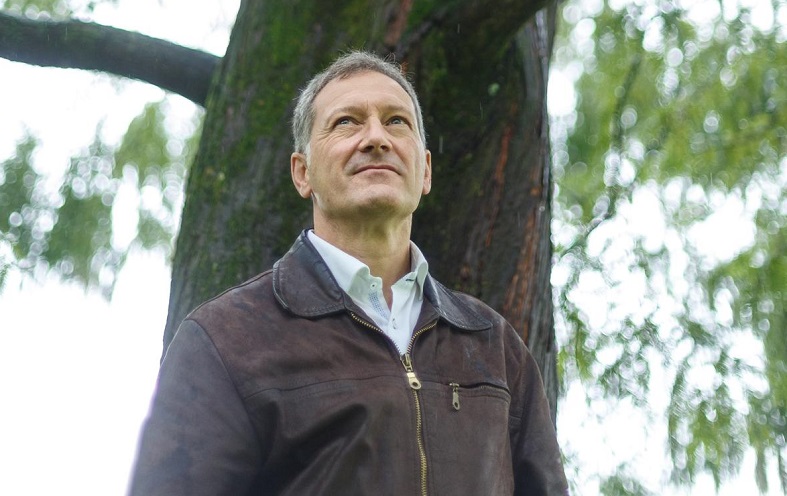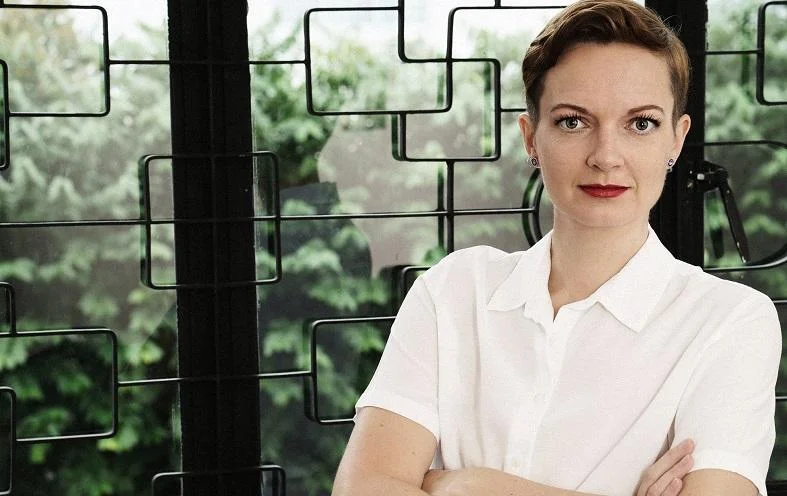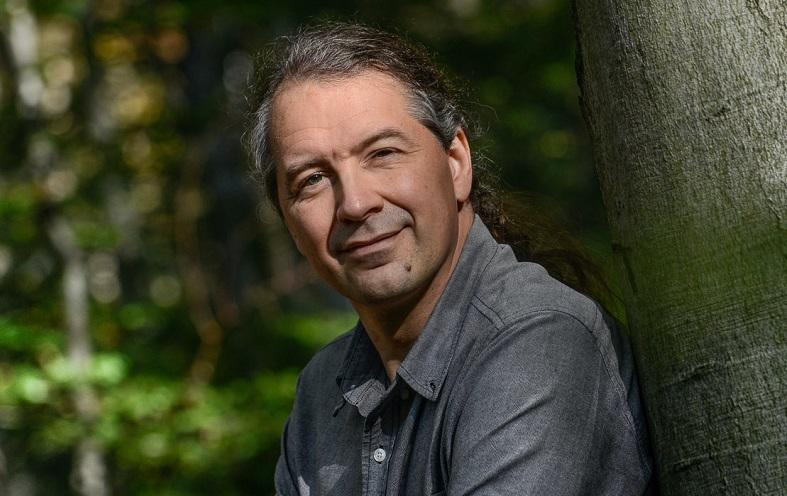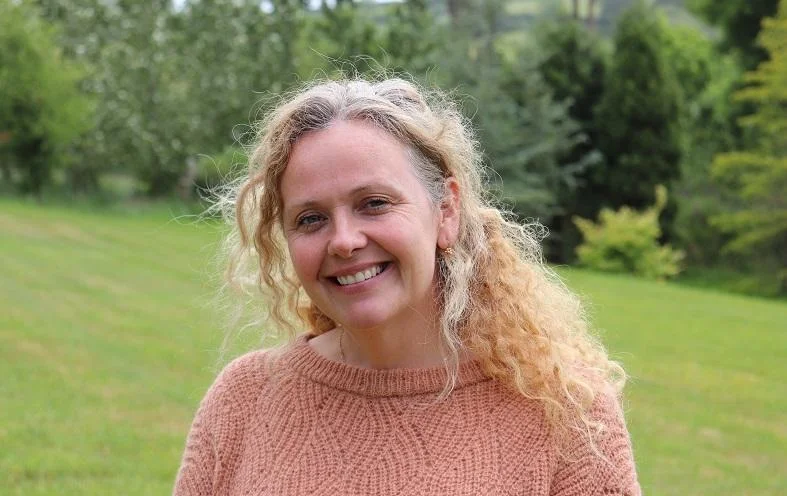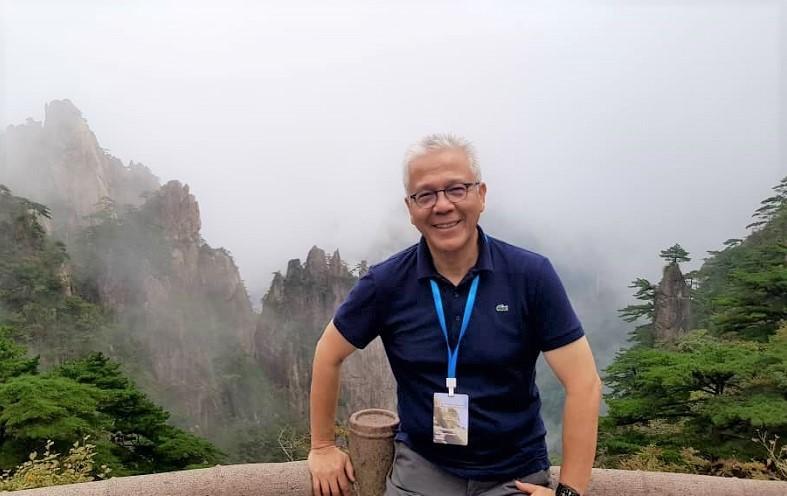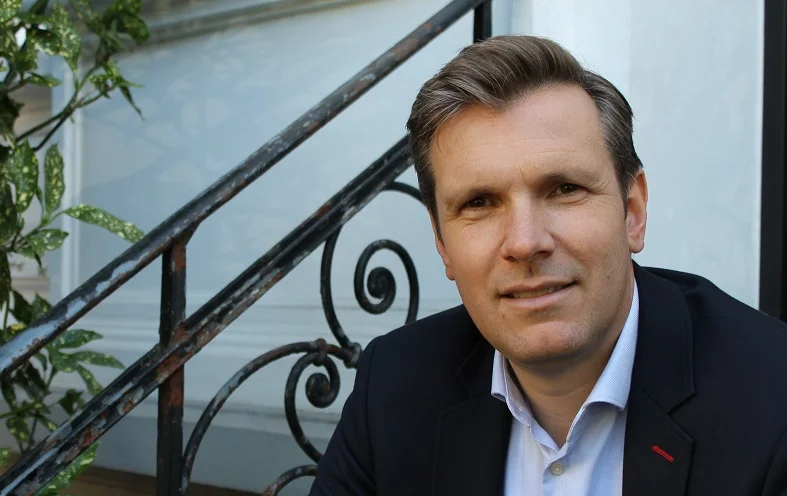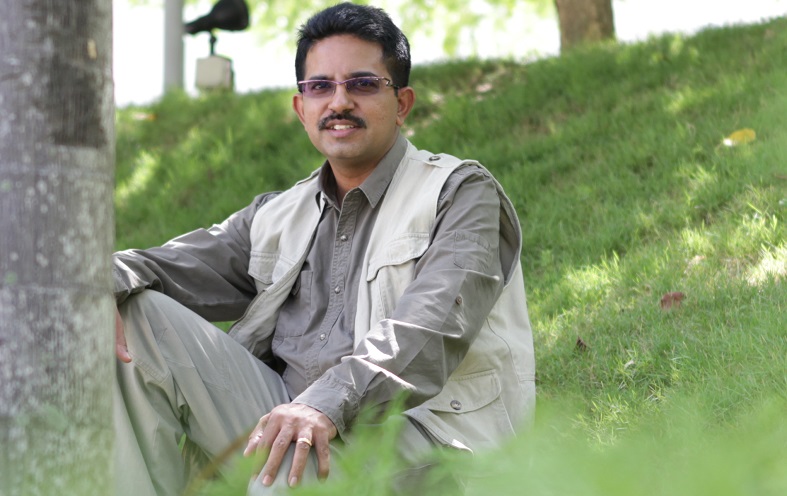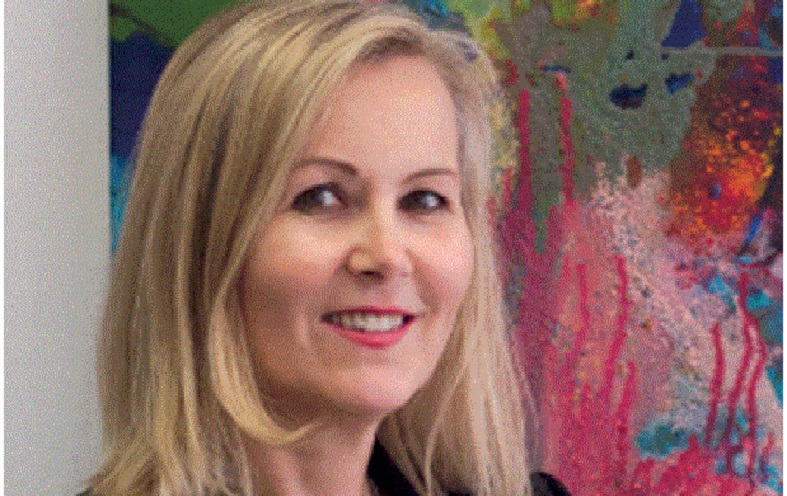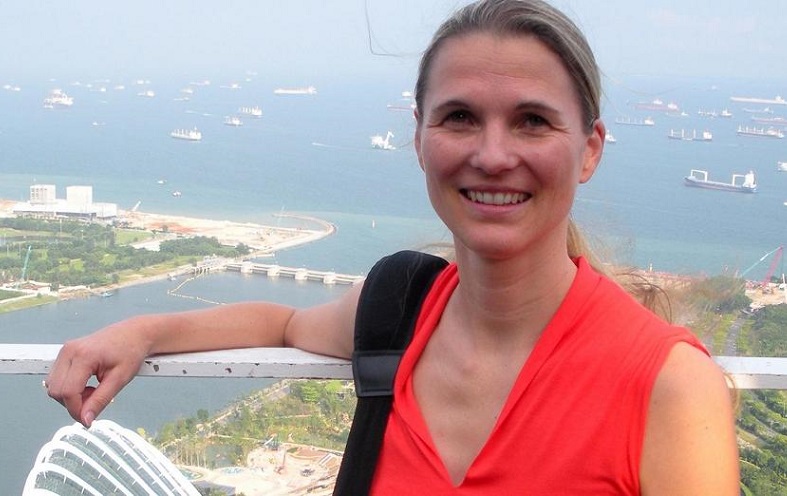
Susanne Becken, Professor of Tourism at Griffith University in Australia, in this interview, tells us how her view on sustainability and tourism has changed over the years, how climate change will affect tourism and what her most recent book, Tourism and Oil, is all about.
Learn about:
- How Susanne’s view of sustainability and tourism changed over the years;
- The main challenges for implementing sustainable tourism;
- Why climate change is a threat to some but not all destinations;
- Her thoughts on the current state of sustainable tourism in Australia and New Zealand;
- The future of sustainable tourism research;
- Which books she recommends;
- Her favourite sustainable tourism success story.
Susanne, what was your view of sustainability and tourism when you first started your academic career – and how has it changed?
When I started, I was intrigued by the question of whether tourism is ultimately only adding to environmental impacts, or whether it can be a vehicle to – in a net sense – reduce them.
In other words, is tourism a more sustainable form of development than other forms of land use.
I am still intrigued by the same question but have come to the conclusion that a lot depends on how well tourism is planned for and managed. In some destinations, tourism can have a hugely detrimental effect, but I have also seen excellent examples where tourism has led to an overall improvement of sustainability, along all dimensions of the triple bottom line.
Where do you see the main challenges in terms of implementing sustainability initiatives in tourism?
I think the key challenge is around ‘unlocking’ structures and practices that are embedded (e.g. in society, but also in infrastructure) and that stop us from implementing those technologies or behaviours that are more sustainable.
Often, vested interests, political factors, power relations, old thinking, sunk investment – and the list goes on – make it very difficult to make changes, even though we have evidence that these changes would deliver better outcomes.
Why did you choose to become Professor of Sustainable Tourism, instead of working as a consultant, for example?
For me, the difference between an academic and a consultant is the luxury to be able to dig deeper and ask questions beyond the immediacy of a project or business interest.
As researchers we constantly challenge our thinking, and try to advance methods and approaches to come up with better ideas and solutions.
I also like the independence of being able to say things that are not always convenient, but maybe need to be said to overcome barriers or road blocks.
As expert on tourism and climate change, how can tourism “survive” climate change?
Tourism will always survive climate change, the question is what type of tourism? Clearly some forms of tourism are more at risk than others, and this has been explored in great detail in the tourism literature.
People will always want to travel; but there will be changes, for example we could see a revival of domestic tourism, longer stays etc., and some ‘extreme products’ might disappear, for example ski slopes in desert environments.
In some cases, I can see that tourism will develop as an adaptation measure, for example in some countries where traditional livelihoods become uneconomical, but tourism could thrive under climate change scenarios.
This was discussed a few years ago at a conference in Zambia, where agriculture is increasingly struggling with climate variability and drought. Tourism is more resilient to those changes.
Your thoughts on sustainable tourism in Australia and New Zealand?
Overall, Australia and New Zealand have always been leaders in the field of sustainable tourism, both in practice and academically. Possibly, the topic of sustainability has lost some imminence since the global financial crisis, when economic survival was more relevant to operators, and also governments.
Also, both governments are taking a ‘hands off’ approach, treating tourism as a pure market activity that is best left alone. This overlooks many of the ‘public good’ aspects of tourism development, including regional employment, involvement of indigenous people, and so forth.
What motivated you to write your recent book on tourism and oil?
There is not enough public debate on this important issue. And there is very little information, provided critically and with relevance to the tourism sector.
In essence, the message of my book Tourism and Oil is that oil prices will not stay low for long, but they will go up – simply because the cheap, conventional oil is depleting and we are increasingly exploiting expensive sources (e.g. through fracking).
Increases in oil prices have many implications for tourism, and it is very wise to future proof the sector by decreasing oil dependence.
Which solutions does the book propose?
There is a whole chapter on how to reduce vulnerability to oil prices or shortages; it involves investments into renewable energy sources, changes in transport systems, tourist behaviours and destination management. A lot of these have already been discussed in the context of climate change and reducing GHG emissions, but the risk of Peak Oil makes it all that more relevant – and imminent.
In your view, where is sustainable tourism research and academia headed in Australasia, internationally?
This is a difficult question to answer as research in this area is extremely diverse. What I like to see happen more – and it is starting – is to link more systematically with other core research areas, for example, systems dynamics, political sciences, architecture etc.
Tourism researchers can learn a lot from leading researchers in those areas, and vice versa I believe that those with expertise in tourism can successfully cross-fertilised into these disciplines by providing interesting real-world applications.
Your favourite tourism, travel or sustainability book in 2014/2015?
I like the Richard Heinberg books; I think I read all of them (e.g. The End of Growth). His books are sobering but informative, and also inspirational.
Your favourite sustainable tourism success story?
There are so many good examples that I find it hard to pick one. If I have to I will probably refer to Chris Warren’s Crystal Creek Meadows eco-accommodation in New South Wales, Australia.
Chris is doing everything possible under the sun to make his business more sustainable, and – importantly – at the same time enhance the experience of his guests. A very powerful combination.
Thank you, Susanne.
Connect with Susanne Becken on LinkedIn.
Enjoyed our interview with Susanne Becken on sustainable tourism, Australia and climate change? Spread the word!


